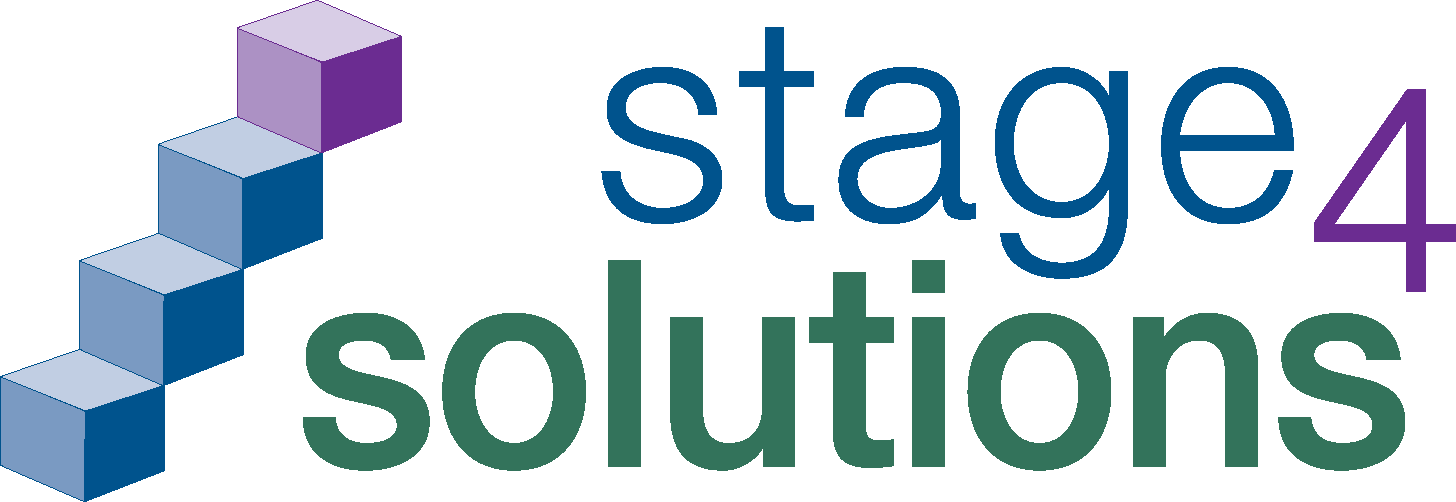The Future of Recruitment: Trends and Predictions
- December 13, 2023
- Posted by: Selen Warner
- Category: Blog

In the age of innovative technological advancements and demographic changes, significant shifts in recruiting trends are anticipated. The widespread use of artificial intelligence in recruitment will continue to reshape traditional practices, presenting opportunities and challenges for both employers and job seekers. As organizations are challenged with the nuances of integrating new technology into their hiring processes, they also need to navigate the complexities of engaging a new generation of workers, Gen Z. Here are the top trends to watch out for:
Artificial Intelligence: Artificial intelligence (AI) has become an integral part of the recruitment process. The adoption of AI extends to various areas of recruitment, offering a multifaceted approach to job description suggestions, candidate sourcing, resume review, automated candidate screening, candidate engagement scoring, interview scheduling and even conducting written or phone interviews, and more. Such solutions have the potential to streamline the recruiting processes and enable efficiencies.
However, the risk of unconscious bias infiltrating AI models persists, originating from the developers and data scientists who are responsible for their development and training. The efficiency brought by generative AI to the recruitment process could unintentionally overlook outstanding candidates. Despite the algorithm’s complexity, it may draw irrational conclusions from data because it simply doesn’t have human judgment when analyzing data. AI hiring bias can create significant risks for companies. Most organizations are aware of these implications and according to Staffing Industry Analysts’ data, 73% of leaders will carefully watch the use of AI tools to detect any possible negative impacts and legal implications.
The Human Element: The recruiting industry constantly seeks to integrate technology. However, despite technological advancements, the indispensable human touch remains vital for assessing soft skills, culture fit, and nuanced requirements of hiring managers and job seekers. In a field that profoundly impacts lives, prioritizing genuine human interaction and quality ensures better outcomes.
Demographic Changes: Demographic change poses a crucial yet often overlooked challenge for organizations today. 2024 marks a crucial cultural shift for US companies as Generation Z (defined as people born between 1997 and 2012) is forecasted to surpass Baby Boomers in the full-time workforce, projected to make up 23% of the workforce by 2024, as per Glassdoor’s latest report. Growing up in an era marked by widespread wireless internet access, seamless technology integration, abundant content, and instant communication, Gen Z has developed distinct thinking, learning, and communication patterns. Companies will need to rethink their recruiting strategies to attract Gen Z. Utilizing various social media channels is a powerful recruitment strategy to attract this unique demographic.
According to Deloitte’s survey, Gen-Z is looking for a better work-life balance including remote and flexible work arrangements which contradicts the organizations’ calls for a return to office. Gen Z workers’ key motivators driving their work preferences include personal development (35%), the desire to prove themselves (28%), and family responsibilities (28%). Additionally, 25% cited factors such as the desire to make a difference or a sense of purpose.
Skills-based Hiring: In the past few years, there has been a growing openness among organizations to evaluate candidates without strict requirements for a college degree or a specific number of years of experience. According to research, 76% of employers incorporate skills-based hiring methods to discover new talent, with nearly 55% utilizing role-specific skills tests in their evaluation process. Skills-based recruiting has several benefits from improved retention rates to a more diverse workforce by providing opportunities to individuals who have traditionally been excluded from employment based on educational criteria. According to McKinsey, “hiring for skills is five times more predictive of job performance than hiring for education and more than two times more predictive than hiring for work experience.” In 2024 and beyond, it is expected for job descriptions to increasingly place greater emphasis on specific skills – technical proficiency or leadership abilities relevant to the role – moving away from traditional educational criteria or number of years of work experience.
Diversity, Equity, and Inclusion (DEI): Prioritizing DEI will remain important for both organizations and job seekers, with a significant increase in inquiries about DEI reported by one-third of recruiters. The emphasis on diversity in hiring has grown substantially over the past years, rising from 13% in 2017 to a notable 22% in 2021. Several companies have integrated DEI policies and goals into the broader business and strategic initiatives. Commitment to DEI is poised to remain a prominent trend, shaping the future landscape of businesses and fostering a more inclusive and equitable work environment.
Virtual and Augmented Reality (VR/AR): Virtual reality has the potential to play a major role in employee onboarding and training in the upcoming years, presenting advanced technology that unlocks numerous opportunities to enhance engagement. Career sites will offer immersive VR tours of office spaces, providing prospective candidates with a firsthand glimpse into their potential work environment. Job advertisements are expected to incorporate VR presentations, offering a dynamic exploration of the workplace. Furthermore, VR-based assessments, including situational judgment tests, immerse job seekers in realistic scenarios, automatically evaluating their responses. This integration of VR not only enhances the transparency of organizational culture but also provides an interactive approach to evaluating candidates’ skills and suitability for specific roles.
Conclusion: In 2024 and beyond, the employment landscape is expected to undergo substantial transformations. Technological advancements, particularly in artificial intelligence, are profoundly influencing the recruitment process. However, the integration of AI introduces challenges, particularly the potential for bias, demanding a careful balance between efficiency and equity. The heightened emphasis on DEI signifies a growing importance, evident in job seekers’ inquiries. Moreover, there is a growing shift towards skills-based hiring, emphasizing qualifications beyond academic degrees, enabling a more inclusive and proficient workforce. The incorporation of virtual and augmented reality into recruitment practices brings an opportunity to better engage with candidates and improve hiring decisions. Concurrently, the workforce dynamic is evolving with the ascent of Gen Z, prompting a reassessment of recruitment strategies to align with their preferences for improved work-life balance and flexible arrangements. Embracing these changes is imperative for organizations aspiring to navigate the dynamic landscape of recruiting successfully.
Stage 4 Solutions:
Since 2001, we have served over 125 organizations to fill critical resource gaps across several industries. Throughout our journey, we have adeptly navigated significant economic downturns, embraced transformative technological shifts, and effectively managed the diverse dynamics present in a multi-generational workforce. We are excited about the opportunities that technological innovations and demographic changes will bring in the coming years. We look forward to continuing to serve our clients in 2024 and beyond. Please let us know your resourcing needs.

